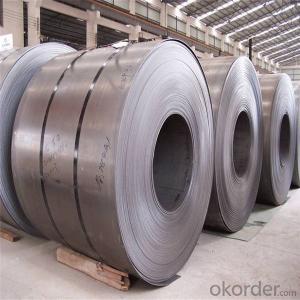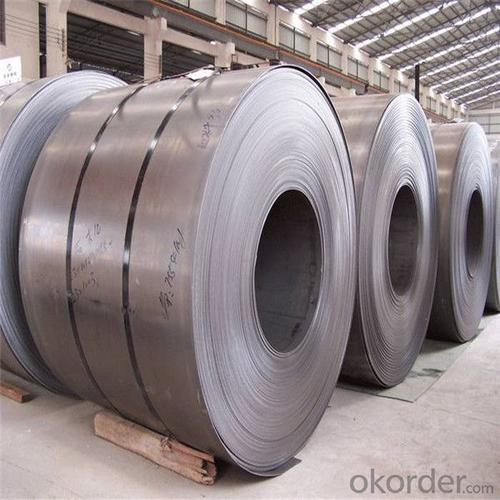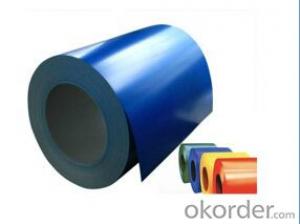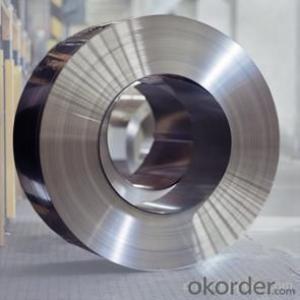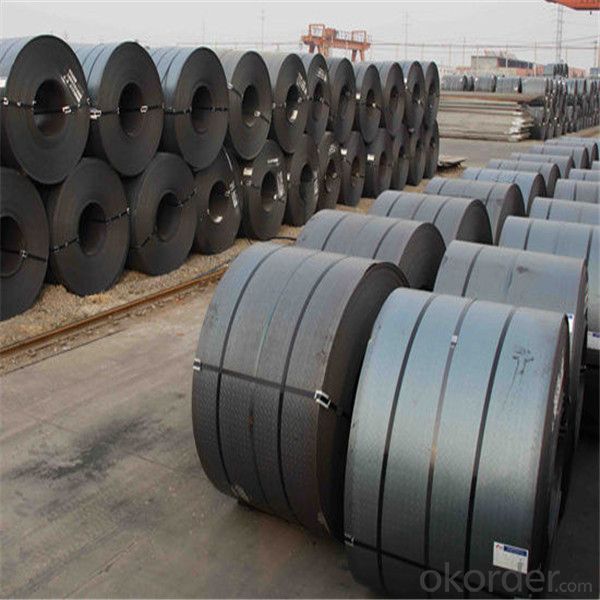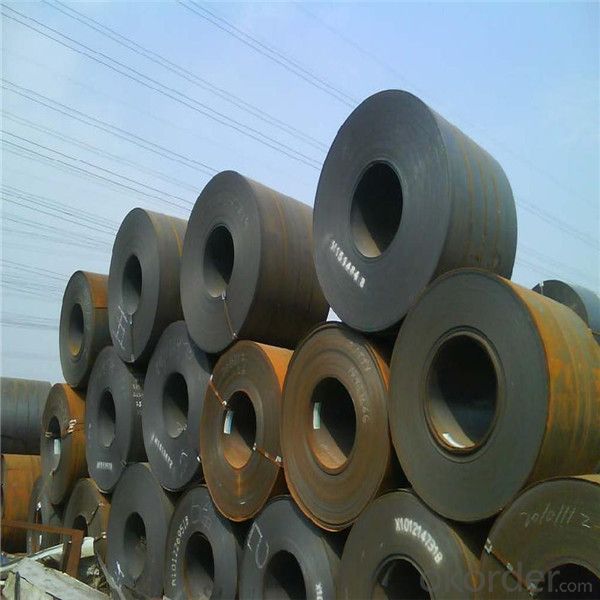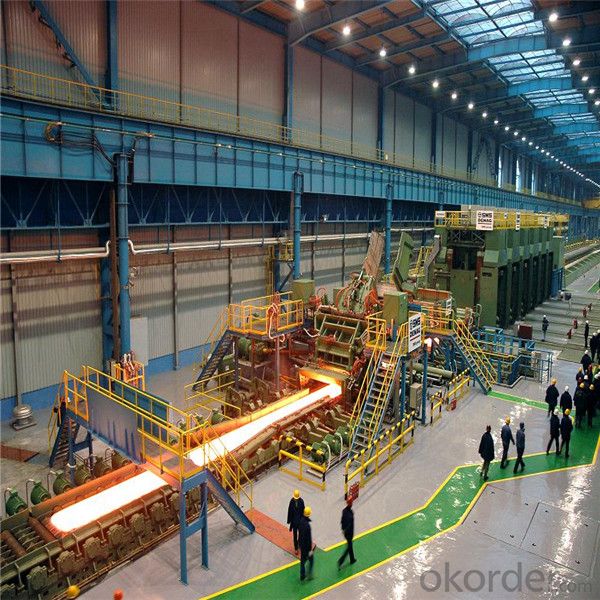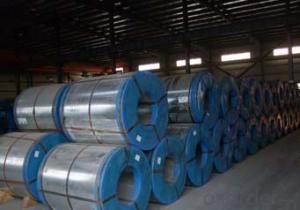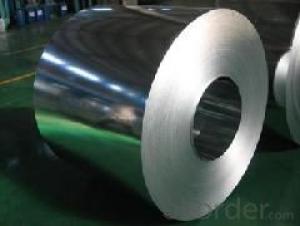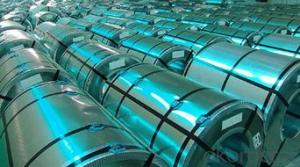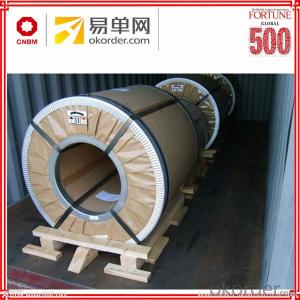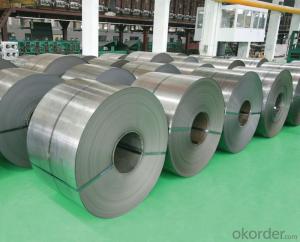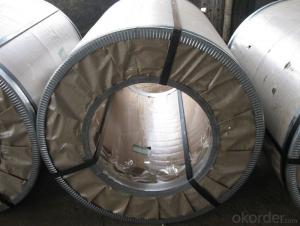Steel price per ton for hot rolled steel
- Loading Port:
- China main port
- Payment Terms:
- TT OR LC
- Min Order Qty:
- 100 m.t.
- Supply Capability:
- 18724 m.t./month
OKorder Service Pledge
OKorder Financial Service
You Might Also Like
Specification
Hot Rolled SteelA rolling process at temperatures over 1,000 degrees Fahrenheit is use to create hot
rolled steel. Steel products in Massachusetts that have been processed in this manner will have a
blue-gray finish that feels rough to the touch.
Our Advantage: High quality steel products from 1 class mills in China
Reasonable price
Professionalism of the products
On-time delivery
Complete documents and certificates
Sincere service to meet our clients' requirements
Standard and Grade :
Hot rolled steel coils | ||||
JIS | ASTM | SAE | EN | |
Commercial quality | G3131 SPHC | A569 A635 A659 A1011 CS Type A,B,C | 1006~1025 |
10111 DD11 |
Drawing quality | G3131 SPHD | 1006~1010 | 10111 DD12 | |
Deep drawing quality | G3131 SPHE | A622 A1011 DS Type A,B | 1006~1010 | 10111 DD13 DD14 |
General structure (T.S.<490N/MM2) | G3101 SS330 SS440 G3106 SM400A G3132 SPHT1 SPTT2 SPHT3 | A36 A283 GR.C A570 GR.30~40 A1001 SS GR.30~40 |
1010~1025 | |
General structure (T.S.≥490N/MM2) | G3101 SS490 G3106 SM490A SM490YA | A570 GR.45~50 A607 GR.45~70 A1011 SS GR.45,50 |
J1392 050X | |
|
Packing:
Packaging Detail | The packing of coil consists of anti-damp paper ,PVC film ,hardboard paper , steel box , strapped with steel strips, fitted with locks and edge protectors and guarantees the optimal condition of the delivered goods. Each coil can be additionally fitted with wooden/steel skids(eye of the side) or wooden pallets(eye of the sky) |
Delivery Time | within 30 days of receipt of LC original or prepayment |
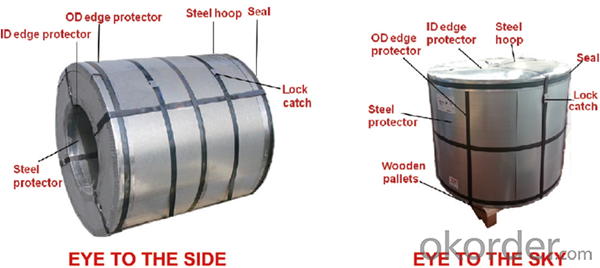
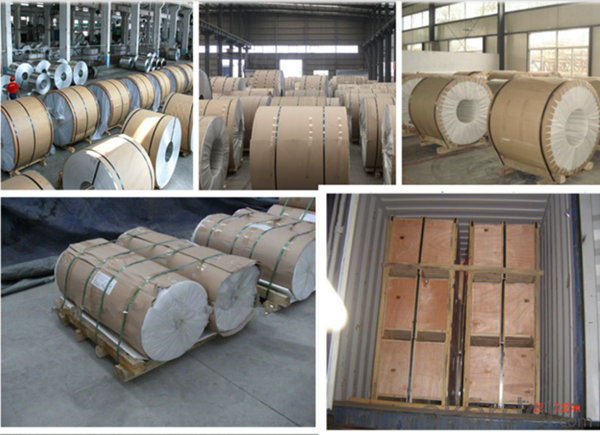
Our Services
MOQ | FCL, 25 metric tons per 20GP, can be assorted with different sizes. |
LCL for trial order is acceptable. | |
Price Term | EX-WORK, FOB China Port, CNF, CIF |
Payment | T/T, 30% advanced payment before production and balance before shipment; OR Irrevocable L/C at sight. |
Delivery Time | within 30 days of receipt of LC original or prepayment |
FAQ:
1. How to guarantee the quality of the products?
We have established the international advanced quality management system,every link from raw
material to final product we have strict quality test;We resolutely put an end to unqualified products
flowing into the market. At the same time, we will provide necessary follow-up service assurance.
2. How long can we receive the product after purchase?
Usually within thirty working days after receiving buyer’s advance payment or LC. We will arrange the factory manufacturing as soon as possible. The cargo readiness usually takes 15-25 days, but the shipment will depend on the vessel situation.
- Q: How are steel coils used in the production of shipping pallets?
- Steel coils are used in the production of shipping pallets as a reinforcement material. They are typically placed on the bottom of the pallet to provide additional strength and support, ensuring the pallet can withstand heavy loads and transportation.
- Q: What metals contain steel? It can be anything except soft iron or steel.
- tricky situation. look from google. it may help!
- Q: How do steel coils contribute to the energy storage industry?
- Steel coils contribute to the energy storage industry in several ways. Firstly, steel coils are used in the manufacturing of energy storage systems such as batteries. The steel casing provides structural support and protection to the battery cells, ensuring their safety and longevity. Without steel coils, the batteries would be more vulnerable to damage and would not be able to function effectively. Additionally, steel coils are essential in the construction of flywheels, which are another form of energy storage technology. Flywheels store energy by spinning a rotor at high speeds and then releasing the stored energy when needed. Steel coils are used to create the rotor, which needs to be strong, durable, and capable of withstanding the high rotational forces. The magnetic properties of steel also help to enhance the efficiency of energy transfer within the flywheel system. Furthermore, steel coils are used in the production of compressed air energy storage (CAES) systems. CAES systems store energy by compressing air and then releasing it to generate electricity when required. Steel coils are utilized in the construction of the air storage chamber, ensuring its integrity and preventing any leakage or damage. The robustness of steel coils makes them ideal for withstanding the high pressures involved in the compression process. In summary, steel coils play a crucial role in the energy storage industry by providing structural support, durability, and protection to various energy storage technologies. Whether it is in batteries, flywheels, or CAES systems, steel coils contribute to the efficient and safe storage of energy, helping to promote the development and adoption of sustainable energy solutions.
- Q: how many persent of manganese in all types of carbon steel
- i think it is 1.65%...
- Q: How are steel coils used in the production of HVAC ducts?
- Steel coils are an essential component in the production of HVAC ducts. These coils are typically made of galvanized steel, which provides strength, durability, and resistance to corrosion. In the manufacturing process, steel coils are first unwound and flattened to create flat sheets. These sheets are then cut into specific sizes and shapes according to the design and dimensions of the HVAC ducts. The steel coils are often processed through various machines, such as shearing machines, slitting machines, and roll forming machines, to achieve the desired shapes and sizes for the ducts. Once the steel coils are transformed into the appropriate shapes, they are then further processed to add additional features to the ducts. For instance, the coils may undergo bending, folding, or welding processes to create bends, angles, or connections in the ductwork. These processes allow for the customization of the ducts to fit the specific requirements of the HVAC system and the building structure. Furthermore, steel coils play a crucial role in ensuring the strength and integrity of HVAC ducts. The galvanized steel used in the coils provides a protective layer that prevents rust and corrosion, making the ducts more durable and long-lasting. This is especially important as HVAC ducts are often exposed to various environmental factors, such as moisture, temperature changes, and airborne contaminants. Overall, steel coils are a fundamental component in the production of HVAC ducts. They provide the necessary strength, durability, and resistance to corrosion, while also allowing for customization and flexibility in the manufacturing process.
- Q: could anybody tell me the the weight of a cubic metre of mild steel? and where to get this info from?
- i thnk 7.85 the density of ms is 7.85 kg/cm2 and formula is density=mass/volume u have volume=1m3 7.85*1=mass so 7.85 kg
- Q: How are steel coils used in the manufacturing of power transmission towers?
- Steel coils are used in the manufacturing of power transmission towers as they are shaped and formed into the required structural components, such as beams and brackets. These coils are processed through rolling mills to obtain the desired thickness and shape, ensuring the strength and durability of the towers. The steel coils provide the necessary strength and structural integrity to support the weight of the transmission lines, withstand environmental conditions, and ensure reliable power transmission.
- Q: How are steel coils protected against corrosion?
- Steel coils are protected against corrosion through various methods such as applying protective coatings, galvanizing, or using corrosion inhibitors. These measures help to create a barrier between the steel surface and the surrounding environment, preventing the onset of corrosion and extending the lifespan of the coils.
- Q: How do steel coil manufacturers manage inventory?
- Steel coil manufacturers manage inventory by implementing various strategies and techniques. Firstly, they maintain a robust forecasting system to accurately predict demand and plan production accordingly. This helps in avoiding overproduction or stockouts. Additionally, they establish strong relationships with suppliers to ensure a steady supply of raw materials and reduce lead times. Inventory is carefully monitored using inventory management software, which tracks stock levels, identifies slow-moving or obsolete inventory, and enables timely reordering. Just-in-time (JIT) or lean manufacturing techniques are often employed to minimize inventory holding costs. Lastly, regular inventory audits and analysis are conducted to identify areas for improvement and optimize inventory levels for maximum efficiency and profitability.
- Q: Is there alloys in low carbon steel or non
- Steel is an alloy. An alloy is a mixture of metals melted together, a solid solution. There are many recipes for steel depending on what the use is. Steel is an alloy of iron and another metal .Low carbon steel has less than 0.3% carbon, carbon steel is 0.3 to 0.6% carbon Low carbon steels generally contain less than 0.25% carbon and cannot be strengthened by heat-treating (strengthening can only be accomplished through cold working). The low carbon material is relatively soft and weak, but has outstanding ductility and toughness. In addition, it is machineable, weld-able, and is relatively inexpensive to produce. Carbon steel, also called plain carbon steel, is steel where the main alloying constituent is carbon. The American Iron and Steel Institute (AISI) defines carbon steel as: Steel is considered to be carbon steel when no minimum content is specified or required for chromium, cobalt, columbium, molybdenum, nickel, titanium, tungsten, vanadium or zirconium, or any other element to be added to obtain a desired alloying effect; when the specified minimum for copper does not exceed 0.40 percent; or when the maximum content specified for any of the following elements does not exceed the percentages noted: manganese 1.65, silicon 0.60, copper 0.60.
Send your message to us
Steel price per ton for hot rolled steel
- Loading Port:
- China main port
- Payment Terms:
- TT OR LC
- Min Order Qty:
- 100 m.t.
- Supply Capability:
- 18724 m.t./month
OKorder Service Pledge
OKorder Financial Service
Similar products
Hot products
Hot Searches
Related keywords
